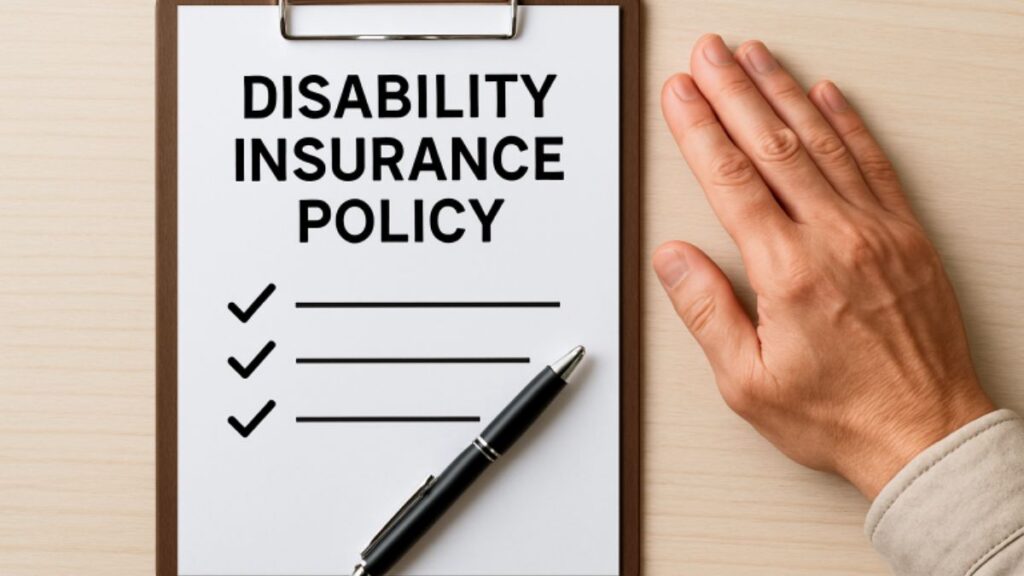Disability insurance plays a critical role in providing peace of mind and financial stability when illness or injury impedes your ability to work. With its complex terms and eligibility requirements, understanding your rights and the legal landscape attached to these policies is essential for safeguarding your livelihood. Having guidance from an experienced ERISA attorney can make navigating the intricacies of claims and denials far less overwhelming. While the safety net that disability insurance offers is significant, accessing those benefits can be challenging. Insurance companies often rigorously review claims and may deny benefits on technical grounds or through interpretation of policy exclusions. For anyone facing the need to file a claim or appeal a denial, insight into the legal remedies and protections available is invaluable. Navigating the challenges in evaluating physical and mental health claims is complex, particularly as mental health claims face more scrutiny, and access to psychiatric evaluations may be limited. Staying informed about disability rights law and recent changes is crucial, as these developments can significantly impact benefits and the handling of claims. Proactivity and awareness are key to protecting legal and financial interests.
Types of Disability Insurance
Disability insurance policies are commonly divided into short-term and long-term coverage. Short-term disability insurance provides coverage for temporary absences from work due to health-related reasons, typically lasting up to six months. Long-term disability policies, in contrast, are designed to offer broader protection, continuing coverage for years and even until retirement age in some cases. The defining terms—such as what qualifies as a “disability” and the length of the waiting or elimination period—vary significantly between policies and carriers, making careful policy review crucial before a claim is ever filed. Another important distinction involves the origin of your coverage. Policies obtained through an employer are often governed by the Employee Retirement Income Security Act (ERISA), whereas individually purchased policies are regulated by state law. The differences in regulation impact your options should you need to contest a denied claim and may affect processing times and available remedies.
Common Reasons for Claim Denials
Insurers can refuse claims for several reasons, but some specific scenarios are prevalent. Insufficient medical documentation is frequently cited; claimants may lack comprehensive evidence that directly supports their inability to work. Discrepancies in the application or omissions in medical history can also prompt denial. Especially for mental health claims, insurers often require extensive documentation and may question the adequacy of assessments due to the nationwide shortage of mental health professionals. For more details on how physical and mental disability claims are approached differently, this resource provides valuable context.
Legal Remedies for Denied Claims
If a disability insurance claim is denied, policyholders have several paths to legal recourse. The first step is typically to file an internal appeal with the insurance company, supplying additional medical evidence or pinpointing errors in the original claim review. If this is unsuccessful, mediation, arbitration, or even litigation may be necessary. Policies governed by ERISA have their own mandated processes and timelines—often making early legal intervention beneficial to ensure deadlines are not missed. Understanding whether your policy falls under ERISA or state law will dictate your procedural rights and potential remedies. For instance, ERISA claims are adjudicated in federal court. They may limit the types of damages recoverable, while state law claims might offer broader avenues for recovery, including bad faith damages in some jurisdictions. Taking action quickly is essential, as legal deadlines (statutes of limitations) can be pretty strict.
Recent Legal Developments
Regulations and case law in the disability insurance space continue to evolve, making it essential for policyholders to stay current. A notable example is the Supreme Court’s recent opinion in Luna Perez v. Sturgis Public Schools, which underscored that individuals seeking relief under the Americans with Disabilities Act aren’t required to exhaust administrative remedies provided under the Individuals with Disabilities Education Act first. This broadens the legal pathways available to policyholders and disability rights claimants, providing them with essential new leverage in pursuing their rights. Legislative updates at the state level also frequently impact claim handling, including changes to statutes governing bad faith practices, notice requirements for denials, and consumers’ rights to access dispute resolution outside of courts. Staying alert to these changes is crucial for anyone with an active disability policy.
Tips for Policyholders
- Review Your Policy Thoroughly: Make sure you understand the definitions, coverage limits, waiting periods, and exclusions in your current policy.
- Document Everything: Keep comprehensive records of all medical appointments, treatments, symptoms, work performance, and every communication with your insurer.
- Act Promptly: Respond immediately to requests from your insurer and be proactive about meeting deadlines for internal appeals or legal actions.
- Seek Professional Guidance: Consulting with an attorney who specializes in disability insurance can be crucial in navigating claim denials and appeals, particularly when complex regulations such as ERISA apply.
- Stay Informed: Monitor credible sources for updates on disability law, healthcare access, and insurance trends.
Being well-informed and prepared is your strongest asset in asserting your rights as a disability insurance policyholder. Take the time to understand your coverage, stay vigilant about documentation, seek expert advice when needed, and stay up-to-date with legal changes to maximize your security and protection.






